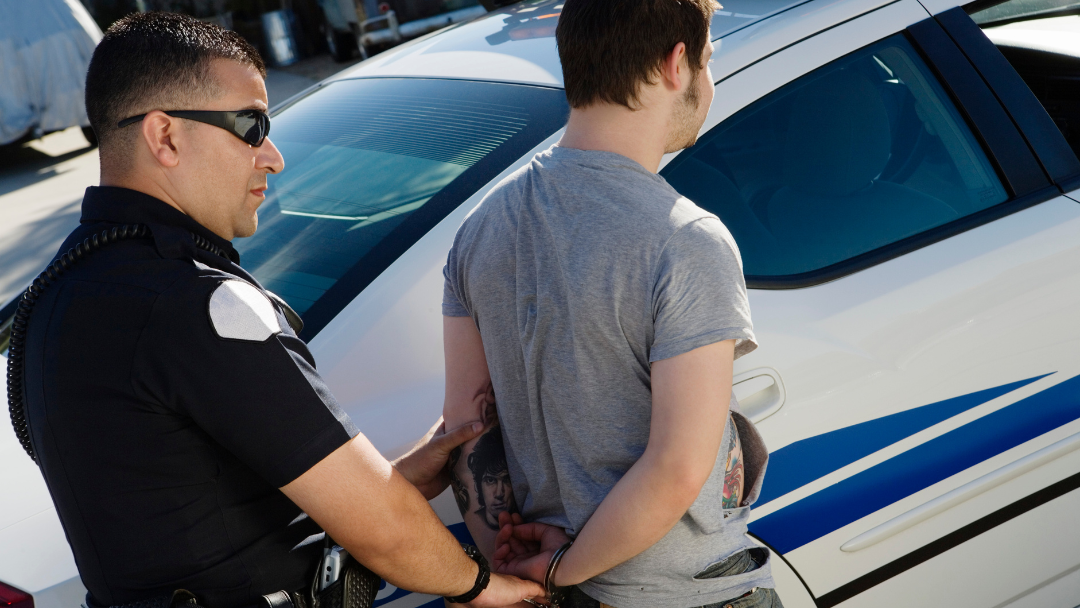2 min read
Placer County Jail Survival Guide for 2022
While you may not think it will happen to you, it’s easier than you think to suddenly find yourself a Placer County inmate. There are over 10...
2 min read
Rachel North : Updated on September 5, 2024
That said, what prevents the state from prosecuting you over and over again for the same crime until they get a conviction? The answer is DOUBLE JEOPARDY!
Double jeopardy is an American constitutional principle in the Fifth Amendment that prevents the state from trying a person more than once for the same offense following an acquittal or conviction. The same principle also protects you from being subjected to multiple punishments for the same crime.
A defendant needs to know the basics of double jeopardy, mainly because it doesn’t apply to all situations. For instance, in California, double jeopardy doesn’t stop the D.A. from prosecuting you for a DUI, even if the DMV has already punished you by suspending your license.
Double jeopardy isn’t an automatic defense. It’s only triggered after certain junctures in the criminal court process. At this point, the defendant is said to have been “once in jeopardy,” or that “jeopardy attaches.”
Here’s when jeopardy attaches and when the defense of double jeopardy applies:
You can only argue double jeopardy after the trial has begun. Naturally, jeopardy attaches when:
In a court trial without a jury, jeopardy attaches when the first witness is sworn in. If either of these circumstances occurred to you previously under the same charge, you can raise double jeopardy to prevent prosecution for that same charge or the same charge with an included offense.
After the trial begins, any unwarranted discharge of the jury without your consent gives rise to the defense of double jeopardy if the case is retried.
Some legal situations require the jury to be discharged and the case to be retried. In such situations, you cannot use double jeopardy as your defense. These include:
Acquittals, convictions, retrial after appeal and reversals, and plea deals are the other instances where you can use the double jeopardy defense.
Equally, there are situations in California criminal law where people believe double jeopardy applies but doesn’t:
When you’re arrested, your first concern should be how to get out of jail fast! While you can argue double jeopardy, you can only do it when the trial begins. In the meantime, you need to post bail quickly to get unlimited access to your certified attorney and discuss the possibility of using double jeopardy for your defense and if it applies.
Should you require assistance to post bail, we have decades of experience and provide round-the-clock bail bonds service (day and night and even on holidays) to get you out of jail quickly and discreetly.
With our ASAP bail bonds, you can get out of jail faster and discuss the possibility of double jeopardy with your attorney while you await your court date. Call Bail House anytime at (530) 823-8340 to get yourself or a loved one out of jail fast.

2 min read
While you may not think it will happen to you, it’s easier than you think to suddenly find yourself a Placer County inmate. There are over 10...

Bail Bonds and theives: A Shoe Fetish or Just a Really Bad Wedge?

Being arrested can be a frightening and confusing experience. Whether it’s for a minor offense or a serious allegation, understanding your rights and...